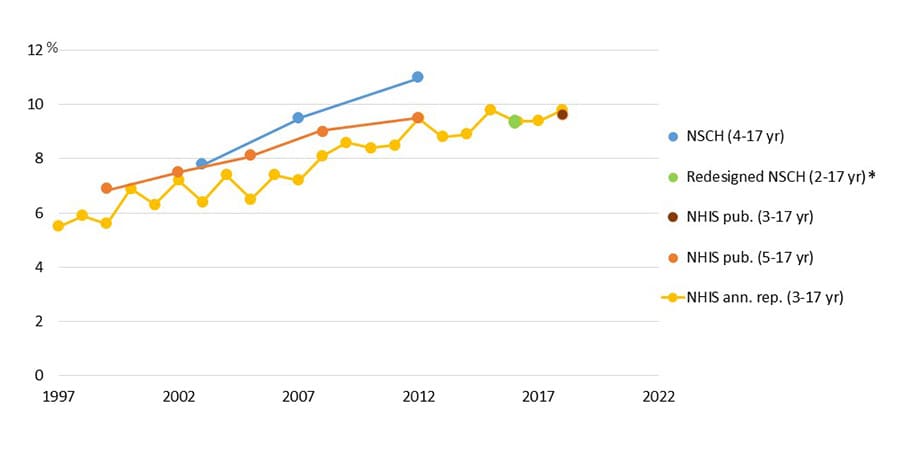ADHD Assessment
3 Min Free ADHD Assessment
Who Can Benefit From This ADHD Assessment?
An ADHD assessment can benefit individuals who suspect they may have ADHD or have been diagnosed with ADHD in the past but have not undergone a formal assessment. This includes children, adolescents, and adults.
Parents of children who are exhibiting symptoms of ADHD may also benefit from an assessment, as it can help identify the cause of their child’s behavior and guide appropriate treatment options.
Teachers, employers, and other professionals who work with individuals with ADHD may also benefit from an assessment, as it can provide insight into how to support and accommodate individuals with ADHD in academic or work settings.

ADHD Assessment Accuracy

The accuracy of an ADHD assessment can vary depending on several factors. It is important to note that there is no single test that can definitively diagnose ADHD. Rather, an accurate diagnosis is typically based on a thorough evaluation of the individual’s symptoms, history, and behavior, conducted by a qualified healthcare professional, such as a psychiatrist, psychologist, or neuropsychologist.
It is also important to note that there is no single test that can definitively diagnose ADHD. Rather, a diagnosis is typically based on a thorough evaluation of the individual’s symptoms and history.
Types of ADHD Assessment
Clinical interviews:
A healthcare professional will conduct a comprehensive interview with the individual and their family to gather information about the individual’s symptoms, history, and behavior.
Neuropsychological testing:
This involves a comprehensive evaluation of the individual’s cognitive abilities, including memory, attention, and executive function.
Behavioral observations:
A healthcare professional may observe the individual in different settings, such as at school or home, to assess their behavior and symptoms.
Psychological tests:
These tests are used to assess cognitive abilities, attention, and other aspects of the individual’s functioning. Examples of tests used for ADHD include the Continuous Performance Test (CPT) and the Test of Variables of Attention (TOVA)
Rating scales:
These are standardized questionnaires that ask parents, teachers, or other individuals who know the individual well to rate the individual’s behavior and symptoms. Examples of rating scales used for ADHD include the Conners’ Rating Scales and the ADHD-RS.
Brain imaging:
Brain imaging techniques such as functional magnetic resonance imaging (fMRI) and positron emission tomography (PET) can provide information about brain structure and activity that may be useful in diagnosing ADHD and understanding its underlying neurological mechanisms.
Treating ADHD
ADHD can be treated through a combination of medication, behavioral therapy, and lifestyle changes. Treatment plans will be tailored to the individual’s needs and may vary based on age, severity of symptoms, and other factors.
- Medication: Stimulant medications, such as methylphenidate and amphetamines, are commonly used to treat ADHD. These medications work by increasing dopamine and norepinephrine levels in the brain, improving attention and reducing hyperactivity and impulsivity. Non-stimulant medications, such as atomoxetine and guanfacine, may also be used in some cases.
- Behavioral therapy: Behavioral therapy can help individuals with ADHD learn coping strategies and develop skills to manage their symptoms. This may include cognitive-behavioral therapy (CBT), which helps individuals change negative thought patterns and behaviors, or social skills training, which helps individuals develop social skills and improve relationships.
- Lifestyle changes: Lifestyle changes can also be helpful in managing ADHD symptoms. Regular exercise, a healthy diet, and good sleep habits can all contribute to better overall health and may help reduce symptoms of ADHD.
- Support groups: Joining a support group, either in-person or online, can provide individuals with ADHD a sense of community and connection with others who are experiencing similar challenges.
- Accommodations: Accommodations such as modifications to the environment, extra time on tests, or additional support in school or work settings may also be helpful in managing ADHD symptoms.

